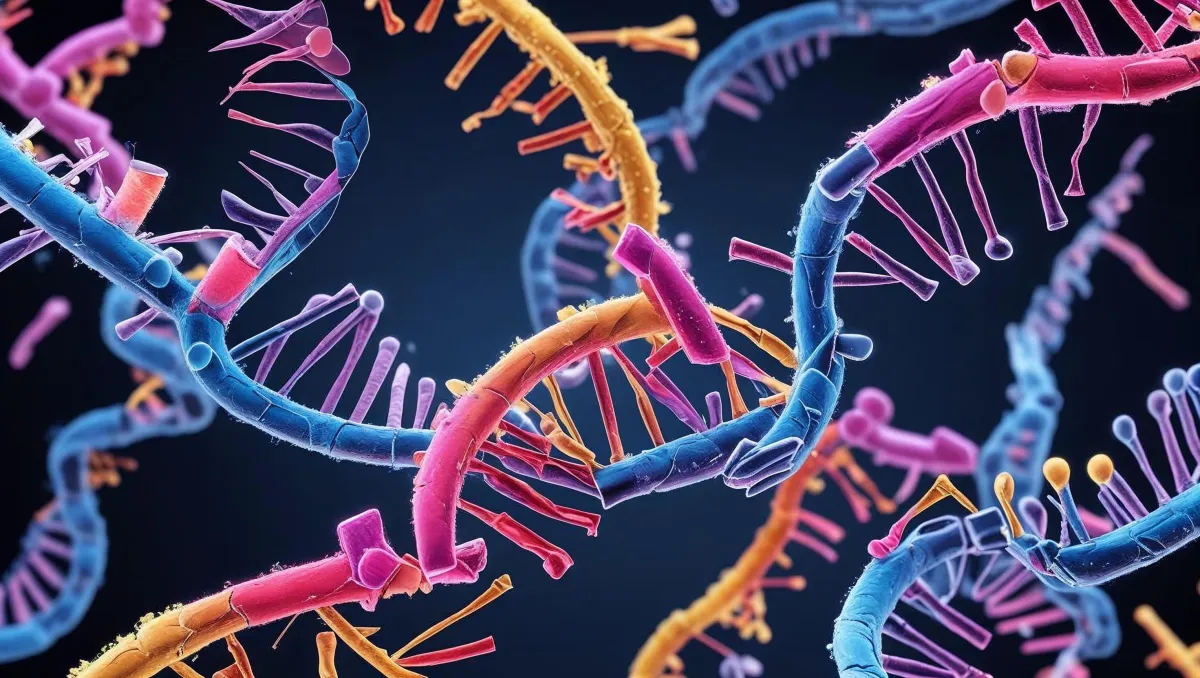
🧬 Sperm DNA Fragmentation: What It Is — and Why It Could Be Affecting Your IVF Outcomes
🔹 Introduction: Beyond the Basic Semen Analysis
You’ve probably heard of sperm count, motility, and morphology — but there’s another factor that plays a huge role in male fertility: sperm DNA fragmentation. Even if a semen analysis looks normal, damage to the DNA inside the sperm head can reduce the chances of fertilization, lead to early embryo arrest, or increase the risk of miscarriage.
🔍 What Is Sperm DNA Fragmentation?
Every sperm carries half the genetic material needed to create a healthy embryo. When that DNA is damaged, broken, or improperly packaged, it’s called fragmentation. If the sperm’s genetic blueprint is faulty, the egg may struggle to repair it — and this can result in:
Failed fertilization
Poor embryo development
Implantation failure
Early pregnancy loss
🔬 How Do You Know If You Have It?
Sperm DNA fragmentation is not tested in a standard semen analysis. It requires specialized tests, such as:
SCSA (Sperm Chromatin Structure Assay)
TUNEL assay
COMET assay
These tests measure the percentage of sperm with fragmented or damaged DNA.
Normal range:
<15% = good
15–30% = moderate concern
30% = high fragmentation, may impact fertility
⚠️ What Causes Fragmentation?
Oxidative stress (free radicals that damage cells)
High fever or illness
Advanced paternal age
Smoking, alcohol, recreational drugs
Environmental toxins (pesticides, air pollution)
Obesity and poor diet
Varicocele (dilated scrotal veins)
Frequent ejaculation or prolonged abstinence
🛠️ How Is It Treated or Managed?
🧴 Lifestyle Changes
Stop smoking and reduce alcohol
Avoid high heat (hot tubs, laptops on lap)
Get enough sleep and manage stress
Exercise moderately, not excessively
🍊 Antioxidant Supplements
CoQ10
Vitamin C + E
Zinc
L-carnitine
N-acetyl cysteine (NAC)
Ashwagandha
Note: Supplements may need 2–3 months to show improvement (sperm takes ~74 days to regenerate).
🧪 Use of Testicular Sperm for IVF
In some cases, embryologists may recommend retrieving sperm directly from the testicle (via TESE) for ICSI, since testicular sperm has less DNA damage than ejaculated sperm.
💡 When to Get Tested
After repeated IVF or ICSI failure
Recurrent miscarriage (with unexplained cause)
When semen analysis is borderline but not “bad enough” for concern
Male partner >40 years old
🧠 Final Takeaway
Sperm DNA fragmentation is one of the most overlooked causes of infertility — especially in couples labeled as “unexplained.” If you’ve been trying for a while or facing IVF setbacks, this test may offer answers you haven’t heard before — and a clearer path forward.